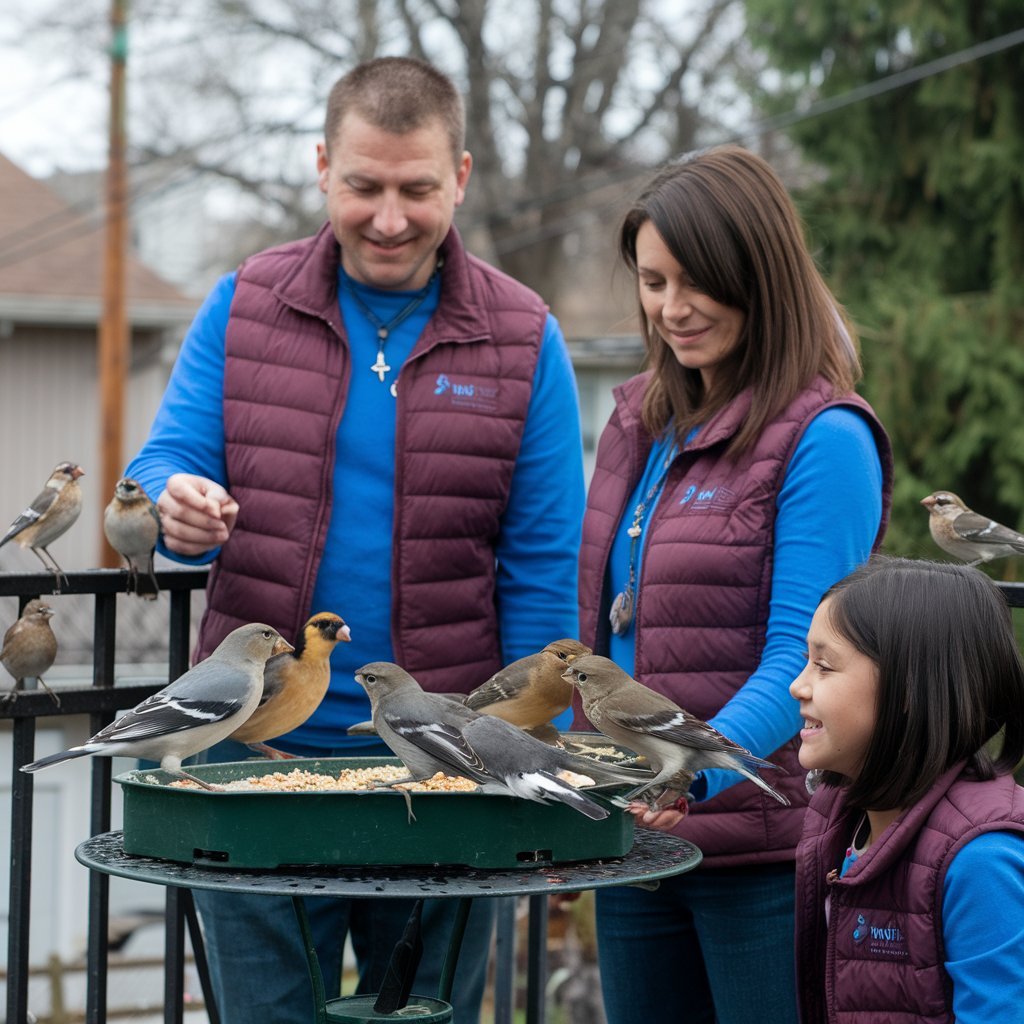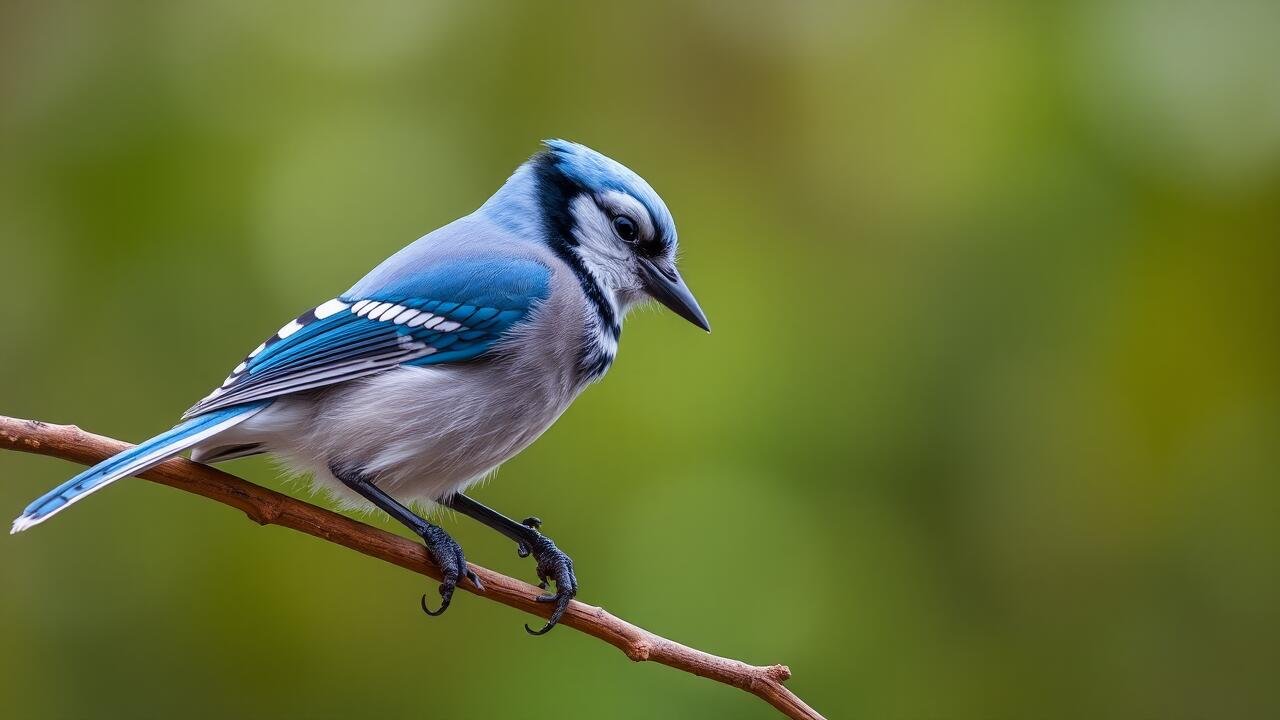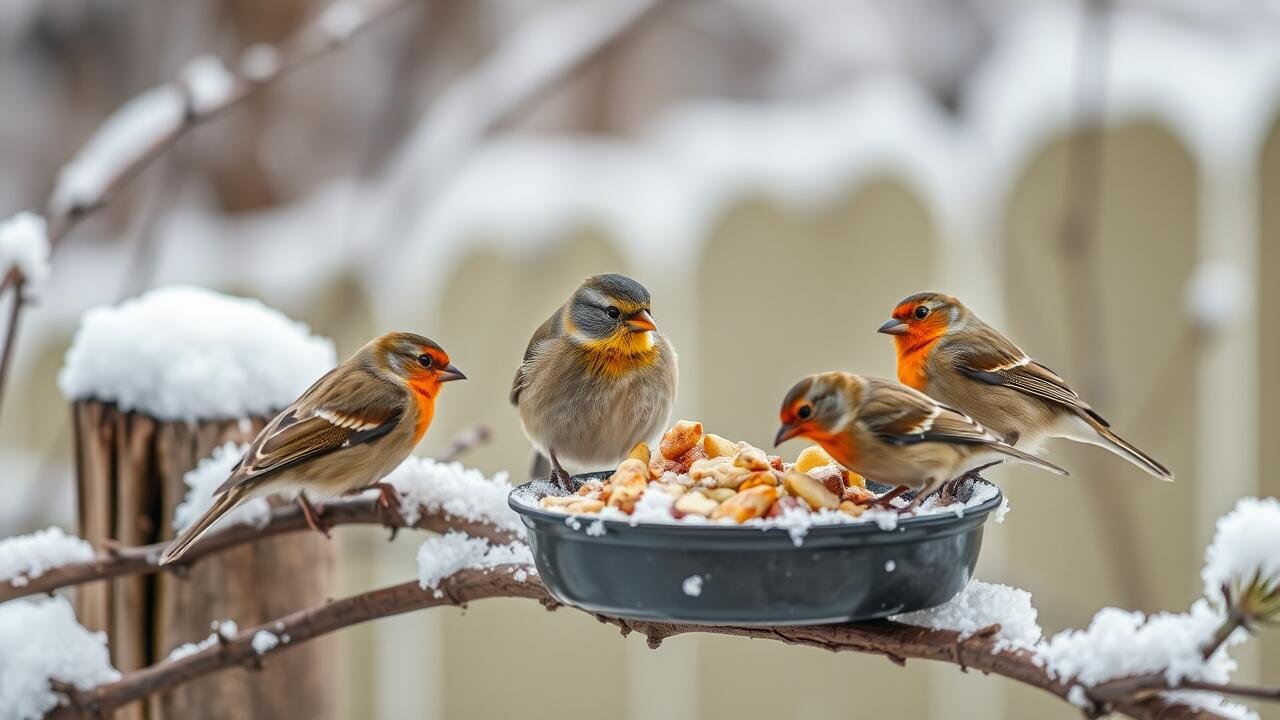Are we obligated to feed wild birds? Wild birds bring joy and wonder to our lives, gracing us with their songs, beauty, and fascinating behaviors. Yet, with this enjoyment comes an ethical dilemma: Do we owe it to wild birds to provide them with food, or is feeding them simply a hobby with no moral implications?
This comprehensive guide delves into the complex questions surrounding birdfeeding. We’ll explore its cultural significance, ecological impact, and practical considerations while addressing the ethical debate about whether humans are obligated to feed wild birds.
Why Feeding Wild Birds Is Popular Across the Globe
A Universal Bond with Nature
From the bustling streets of New York City to rural villages in India, feeding birds is a universal tradition that transcends cultures. Watching birds gather at feeders provides a peaceful connection to nature, offering a break from the noise of daily life.
Feeding birds is also an inexpensive way to engage with wildlife. Unlike larger conservation efforts, maintaining a bird feeder is a simple yet fulfilling act that brings wildlife to your doorstep.
Educational and Family-Friendly Activity
Birdfeeding is a popular activity for families, especially those with young children. It provides an interactive way to learn about bird species, their behaviors, and their ecological roles. For families living in urban areas with limited access to nature, feeding birds can be an accessible way to foster a connection with the environment.
A Form of Citizen Science
Birdfeeding has taken on a new role in modern times as a form of citizen science. Organizations like the Cornell Lab of Ornithology encourage individuals to report sightings from their feeders. This data helps scientists track bird populations, migration patterns, and emerging threats like disease or habitat loss.
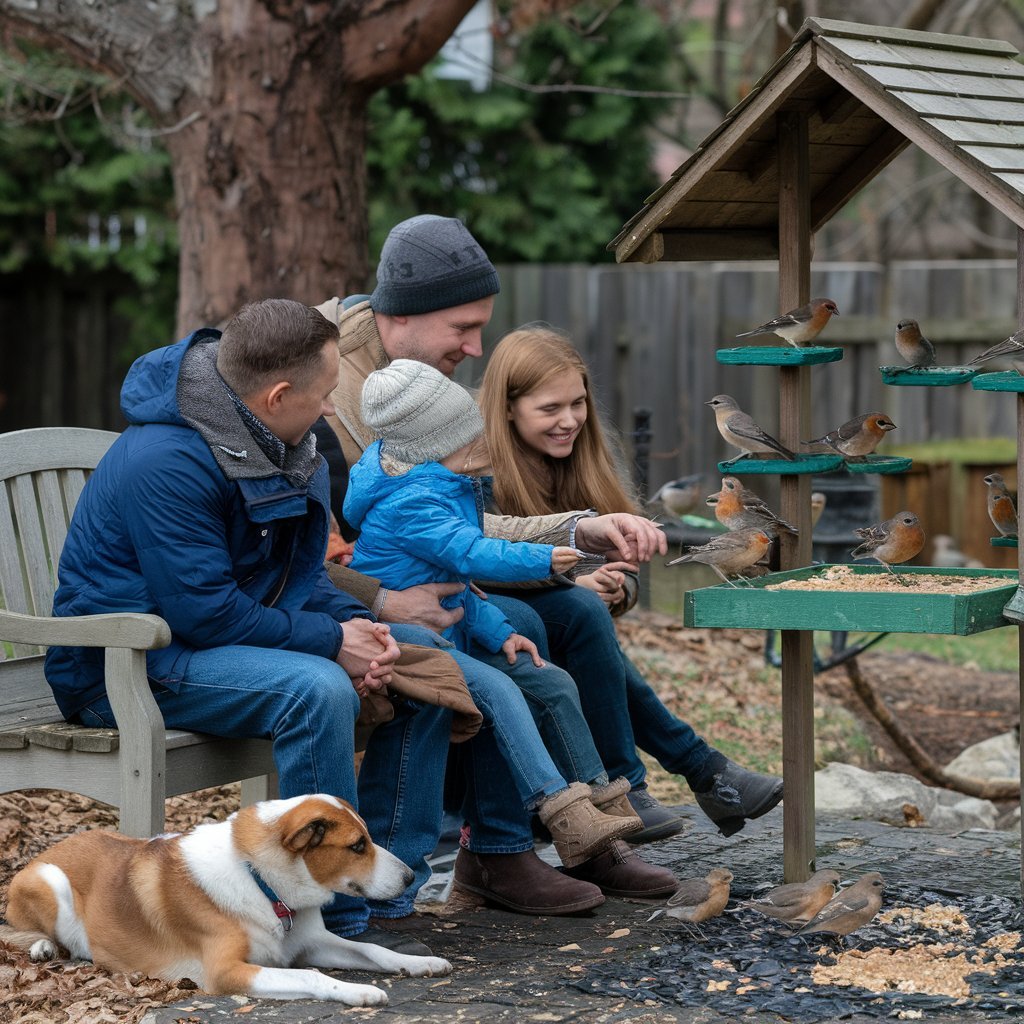
The Ethical Question: Are We Obligated to Feed Wild Birds?
The Argument for Feeding Wild Birds
Human Responsibility for Habitat Destruction
Human activity has led to widespread habitat destruction, climate change, and pesticide use, all of which have dramatically affected bird populations. Feeding wild birds is one way people can mitigate their impact, providing supplemental food in environments where natural resources have dwindled.
Supporting Birds in Urban Areas
Urban and suburban areas often lack the natural food sources birds rely on. Feeders help birds navigate these human-dominated landscapes, offering a reliable source of nutrition.
Helping Birds During Harsh Seasons
Winter, migration periods, and extreme weather events can pose significant challenges for birds. Providing food during these times can mean the difference between survival and starvation.
H3: The Argument Against Feeding Wild Birds
Dependency and Behavior Changes
Critics argue that feeding birds creates dependency, reducing their natural foraging skills. While most studies indicate that birds rarely become wholly reliant on feeders, there is evidence that supplemental feeding can alter migration patterns and behaviors.
Impact on Ecosystems
Feeding can inadvertently favor certain species, such as house sparrows or starlings, over others. This may disrupt local ecosystems by creating imbalances in bird populations.
The Spread of Disease
Dirty feeders are breeding grounds for diseases like salmonella and avian pox, which can decimate bird populations. Maintaining proper feeder hygiene is critical to avoid causing harm.
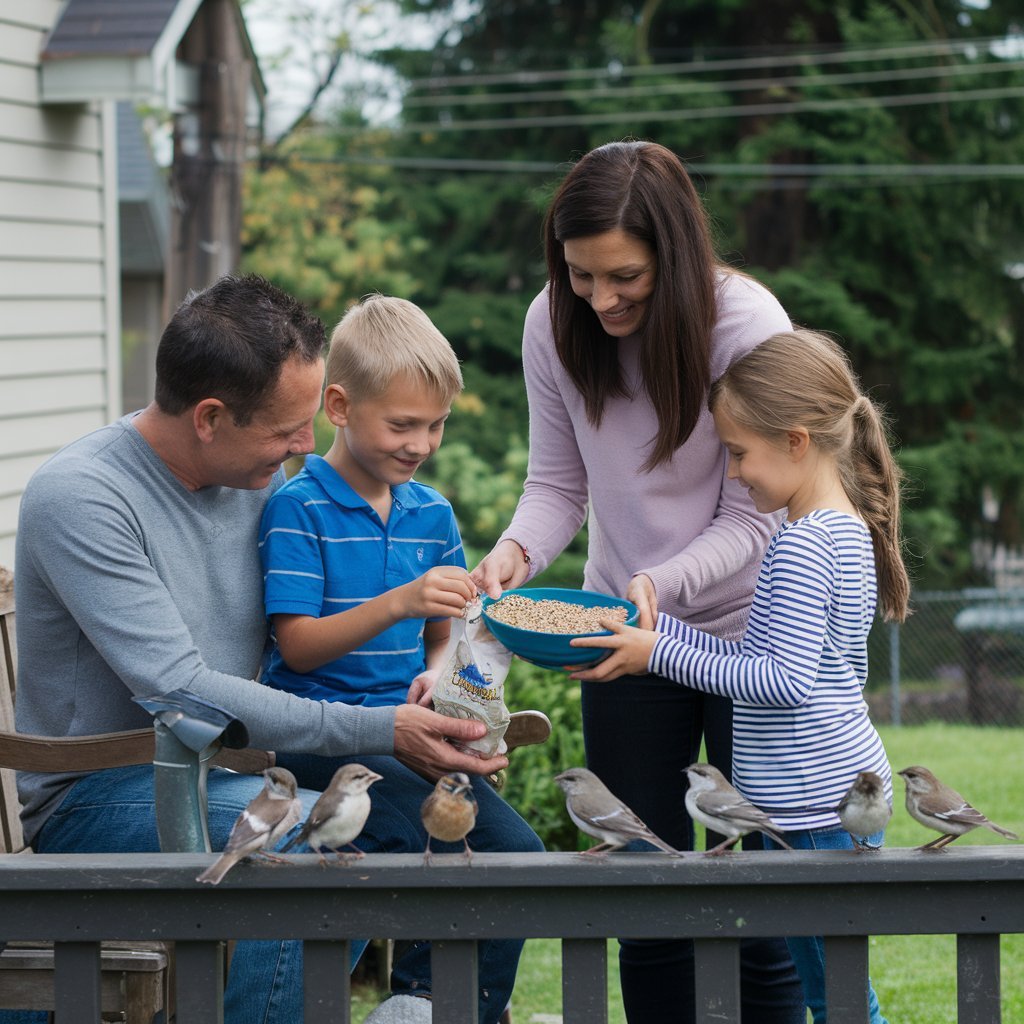
Scientific Insights: Does Feeding Wild Birds Help or Harm?
Research on birdfeeding has revealed both benefits and potential drawbacks. A 2019 study published in Global Ecology and Conservation found that feeders provide critical support during winter but can sometimes lead to territorial aggression in certain species.
Another study in Frontiers in Ecology and Evolution highlighted the importance of species-specific feeding strategies. For example, seed feeders benefit granivorous birds like finches, while suet feeders are essential for woodpeckers and other insect-eating species.
How to Feed Wild Birds Responsibly
Choosing the Right Food
Providing appropriate food is crucial for ensuring that your efforts are beneficial:
- Black-Oil Sunflower Seeds: High in fat and suitable for most birds.
- Nyjer Seeds: Ideal for finches.
- Peanuts: A favorite for jays, nuthatches, and woodpeckers.
- Suet: Provides energy for insect-eating birds, especially in winter.
Maintaining Feeders and the Surrounding Area
Dirty feeders can harm birds. To minimize risks:
- Clean feeders with a mild bleach solution every two weeks.
- Replace old or moldy seeds immediately.
- Place feeders in safe locations, away from predators.
Natural Alternatives to Feeders
Feeding doesn’t always require commercial feeders. Creating a bird-friendly habitat is a sustainable alternative. Consider planting native flowers, shrubs, and trees that produce berries, seeds, and nectar.
Providing fresh water in a shallow birdbath can also attract species that don’t frequent feeders.
When Should You Feed Wild Birds?
Seasonal Considerations
- Winter: Feeders are most beneficial during winter, when natural food is scarce.
- Spring and Fall: Supplemental feeding supports migratory birds, providing them with the energy needed for their journeys.
- Summer: Reduce feeding in summer, as birds can typically find sufficient food in the wild.
The Role of Birdfeeding in Conservation
Organizations like the Audubon Society advocate for birdfeeding as a tool for conservation. While it is not a substitute for preserving habitats, it raises awareness about the challenges birds face and encourages community involvement in protecting wildlife.
Conclusion
Feeding wild birds is a deeply rewarding experience, but it also comes with responsibilities. While it may not be a moral obligation, feeding birds ethically and sustainably ensures that your efforts are beneficial rather than harmful.
By balancing personal enjoyment with ecological mindfulness, we can support wild birds in ways that respect their natural behaviors and habitats.
Please be sure to check out The Complete Guide to Wild and Pet Bird Care: Tips, Products, and Resources
FAQ Section
Why have birds stopped coming to my feeder?
Birds may stop visiting due to changes in food availability, predators, or unclean feeders.
Is it illegal to feed wild birds?
While generally legal, some local laws restrict feeding certain species.
What type of feeder is best for small birds?
Tube feeders with small perches are ideal for finches and chickadees.
Do birds recognize people who feed them?
Some studies suggest birds can remember individuals who consistently provide food.
How can I attract more bird species?
Offer a variety of food types and maintain a bird-friendly habitat with native plants and fresh water.
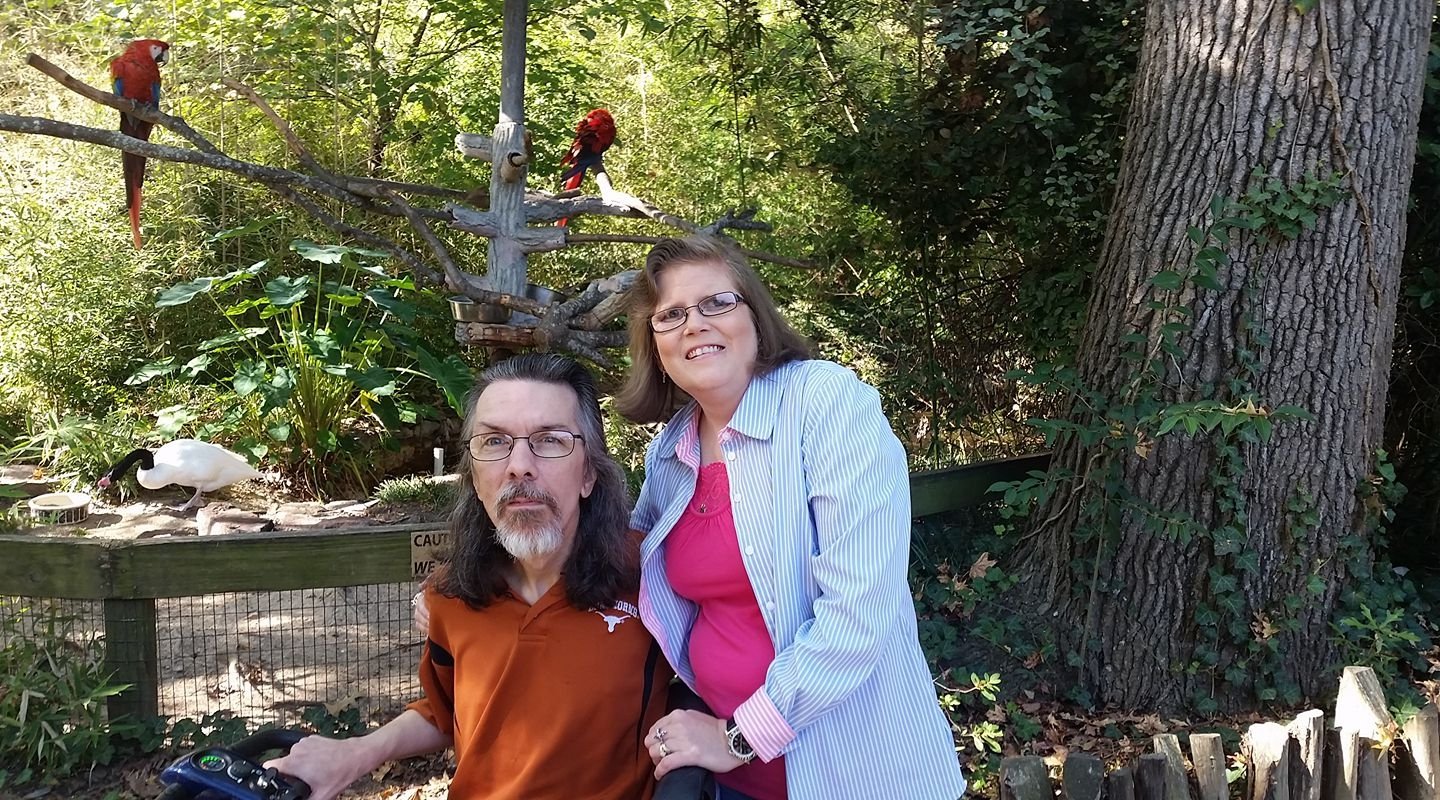
My name is Shane Warren, the author behind Chirping Birds Hub – your ultimate guide to the wonderful world of birds! Unleash your inner avian explorer as we delve into a vibrant library of knowledge dedicated to all things feathered. From learning about diverse bird species from across the globe to understanding their captivating habitats and behaviors, I’m here to fuel your passion for these magnificent creatures. Not only that, but I also provide valuable insights on being a responsible and informed pet bird owner. Join our vibrant community and let’s celebrate the feathered wonders of the world together – one chirp at a time.
